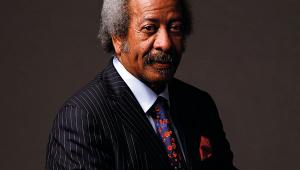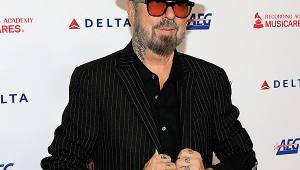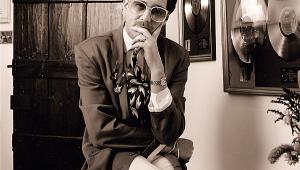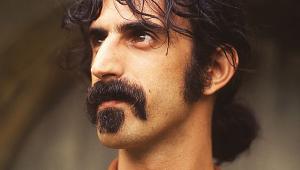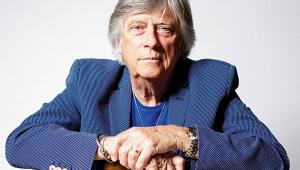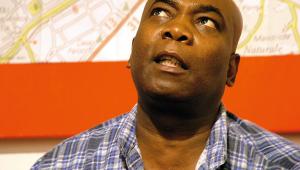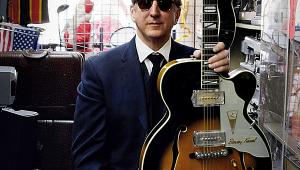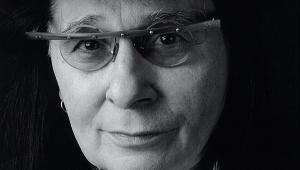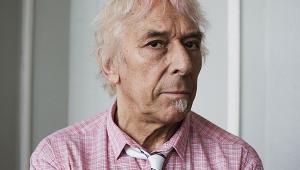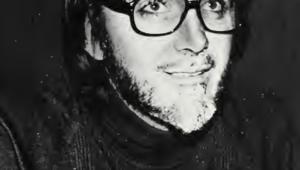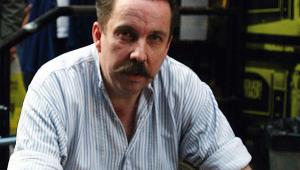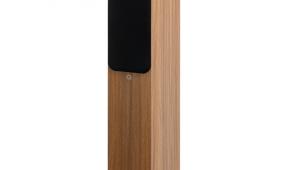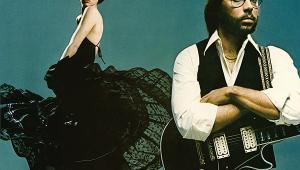Phil Ramone
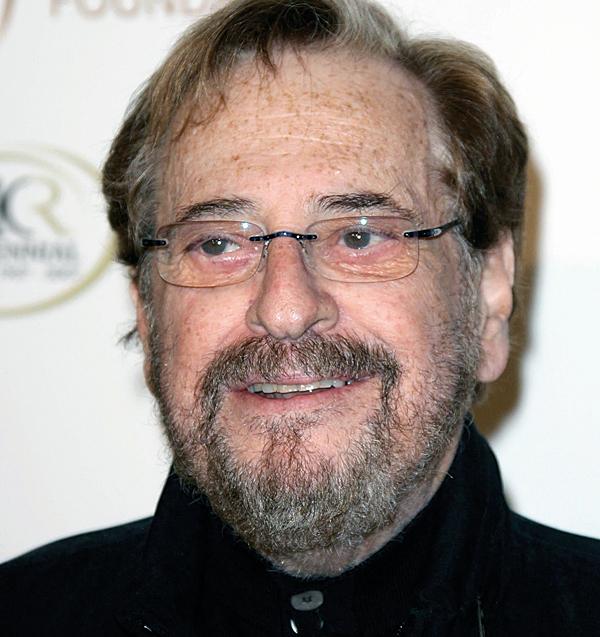
Afew months ago I claimed in these very pages that Jeff Lynne of ELO assembling his new best buddies Paul McCartney, George Harrison and Ringo Starr to tart up the deceased John Lennon's 'Free As A Bird' home demo and release it as a Beatles single was the worst musical idea ever. Well today, dear reader, I humbly recant that claim for what follows is surely far more dreadful.
In 1993, two years before that Fabs monstrosity, Capitol Records saw fit to inflict upon the world an album called Duets in which Frank Sinatra, nearing the end of his illustrious career, was teamed up with lesser talents such as Bono, Barbra Streisand, Kenny G and Gloria Estefan on a series of, yup, duets of some of his best-loved tracks.
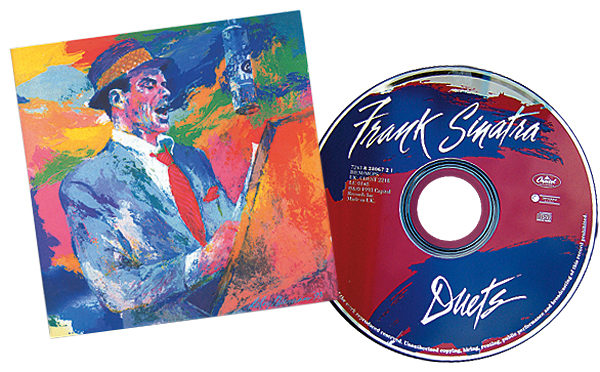
Critical Hackles
Except that Frankie baby never actually met, engaged with or sang along in the studio with any of the chosen unlucky-for-us 13 in the process. The great man performed in isolation and the others just took the tracks, warbled along to complement his vocals and then, quite literally, phoned their takes back into the studio via a fiber optics system called EDNet.
Unsurprisingly, this wholly artificial exercise raised critical hackles for its lack of warmth, spontaneity, soul, you name it. But heck, Capitol should care. Duets debuted at No 2 on the Billboard charts, reached No 5 in the UK and sold over three million copies in America alone, becoming the only Frank Sinatra LP to achieve triple platinum status. Quite the biggie then, and the man behind it all was Phil Ramone.
Ramone has recalled that Sinatra was understandably reluctant about the project, eventually being flattered into it when the producer pointed out that, while classic actor Laurence Olivier had performed Shakespeare in his 20s, the readings he did when in his 60s gave them new meaning. 'I spoke with conviction: "Don't my children and your grandchildren deserve to hear the way you're interpreting your classic songs now?".'
Trick Or Treat?
Not one to miss a beat, Ramone repeated the trick, and its dodgy methodology, for the imaginatively-titled Duets II in 1994. It turned out to be Sinatra's final LP before his death and was, amazingly, even worse artistically than the original Duets, featuring Chrissie Hynde, Neil Diamond and Jimmy Buffett among other unfortunates.
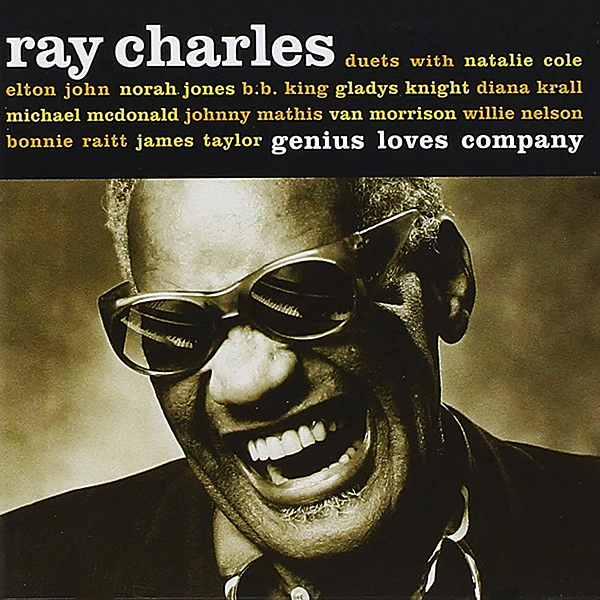
Sinatra wasn't alone in getting the Ramone treatment either. Once the formula was set, others who might most sensibly have considered gracefully remaining in retirement, emerged from their mansions to give it a go. Ray Charles added to the dubious canon with Genius Loves Company in 2004, the great man duetting with the likes of Elton John, Willie Nelson, Johnny Mathis and Van Morrison. One and all were well past their best but the album was a huge posthumous success for Charles. Co-produced by Ramone and A&R man John Buck, it was released via Concord and I Hear Music, Starbucks' label, and won eight Grammies. There was, of course, a follow-up of outtakes, 2005's Genius & Friends.
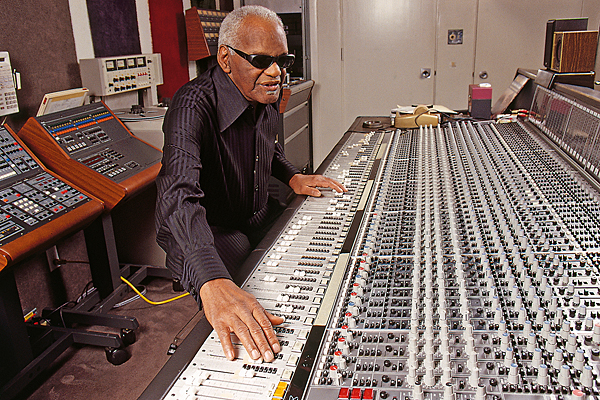
Child Prodigy
Next to play ball was suave crooner Tony Bennett, who celebrated his 80th birthday with Duets: An American Classic in 2006. It was by far the best of the bunch, mainly because Bennett insisted on actually singing with the contributors in the studio, live, with an orchestra or band. Participants included Bono (again), Streisand (again), Elton (again), George Michael, Paul McCartney and Billy Joel (of whom – shudder! – we shall hear more later).
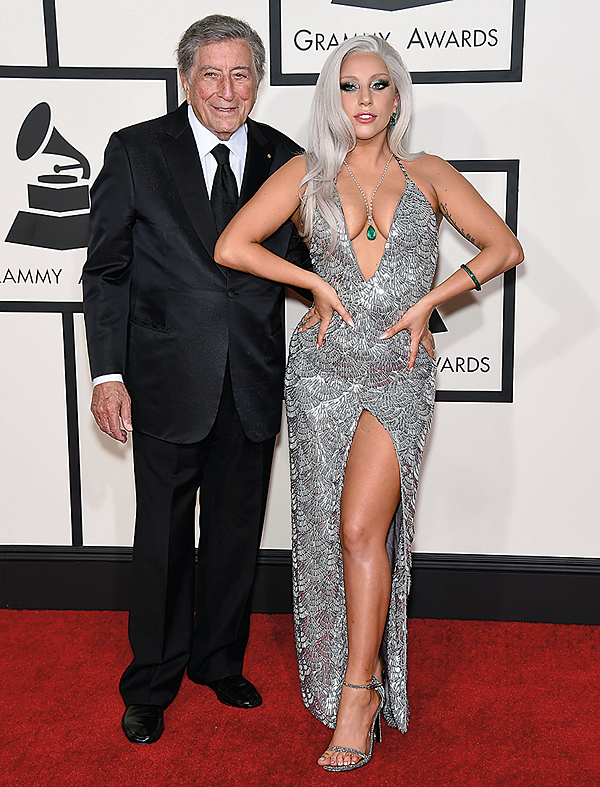
An American Classic did well enough that its very own Duets II emerged five years later with Lady Gaga, Mariah Carey and Michael Buble sharing the studio with the former Mr Benedetto. His duet on 'Body And Soul' with Amy Winehouse turned out to be the tragic wonder's final recording and won itself a Grammy Award for Best Pop Duo. Viva Duets followed in 2012, some kind of Latin American project, but the less said about that the better.

